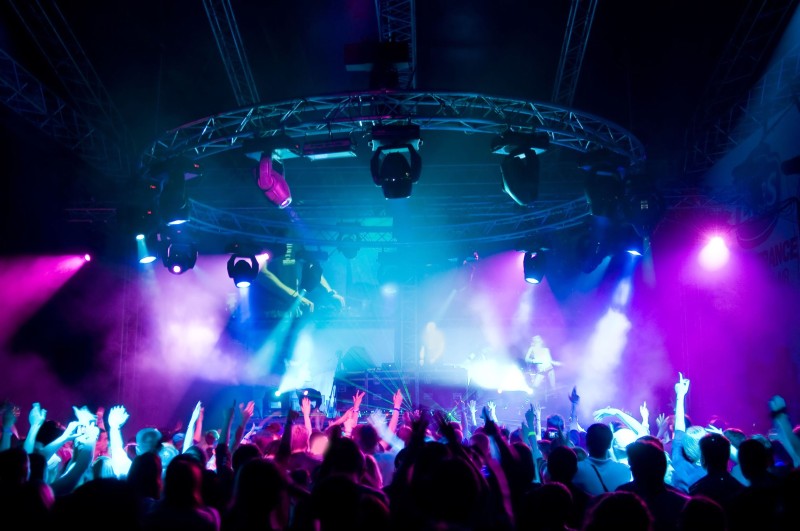Event management can be quite tricky when you are in the planning stage. A crucial part of any event planning is the set-up of the stage. There are different types of stages that can be utilized by event managers to get the best out of their events. There are a couple of options, and these are mobile and traditional stages.
Stages are normally set up on the site of the event by a team of builders. Trailers are loaded with materials and brought to the site for construction on the spot. Conventional stages require a lot of labor and time to set up, but they are custom built on the site, which allows you to have your own creative input throughout the entire process. They are usually good for large concerts or events that require heavy use of specialized equipment.
A typical mobile stage, on the other hand, is a lot easier to set up because of its versatility. Depending on the needs of your event, mobile stages can be resized according to the space allocation. Staging units that are portable can also be set up quickly and dismantled in very short periods of time. This results in low labor costs as it requires less intensive labor. Mobile stages are also much safer than custom built stages, as a lot of the panels are pre-built and will require very little work that is high up.
Mobile stages allow for a more efficient event in terms of cost and labor. Both types of stages can be beneficial for your event, but deciding on the kind of stage you want varies according to your events needs and budget. The right decision will definitely go a long way for your event. For more details click here.







